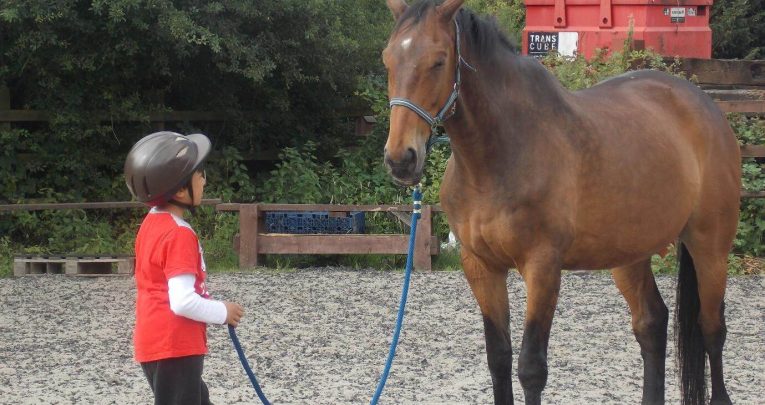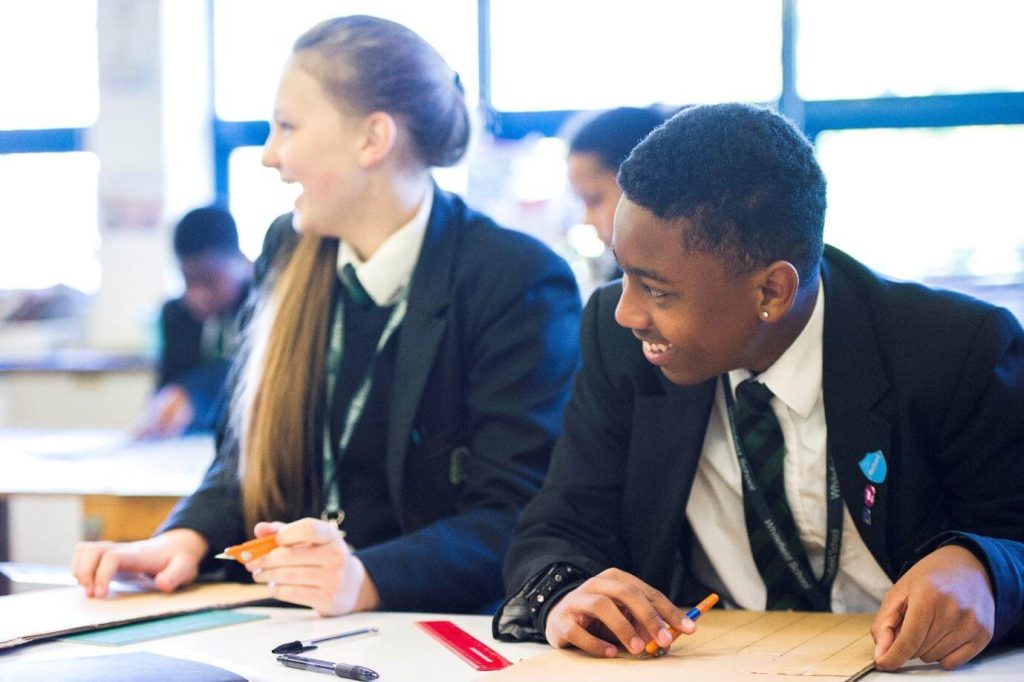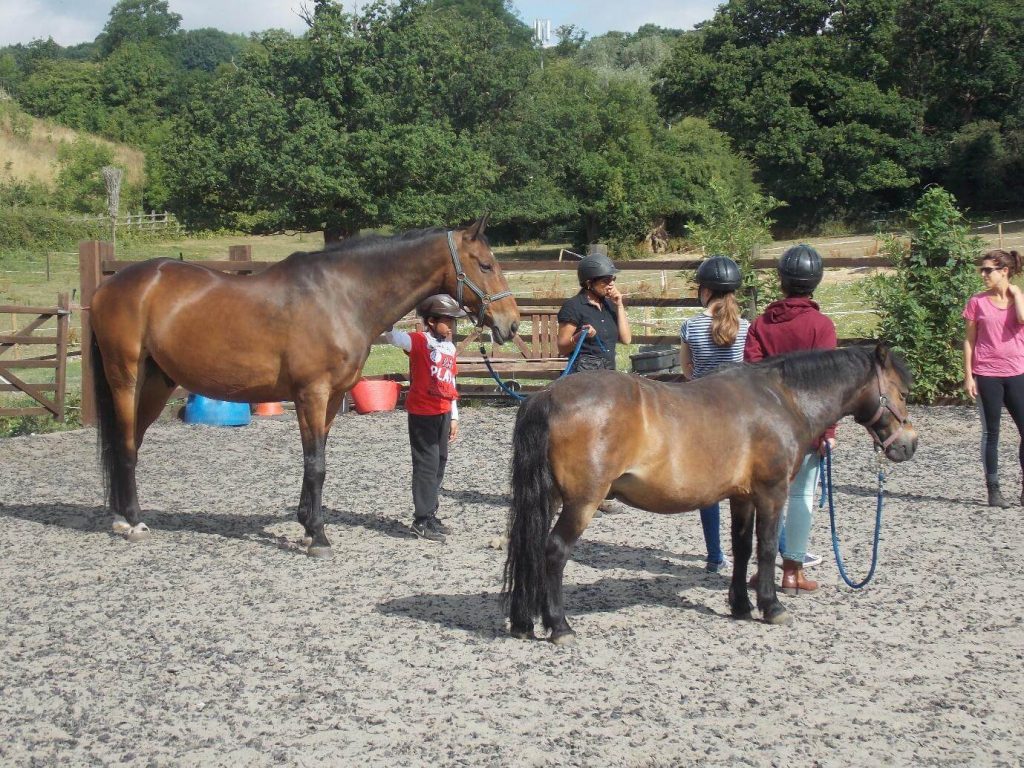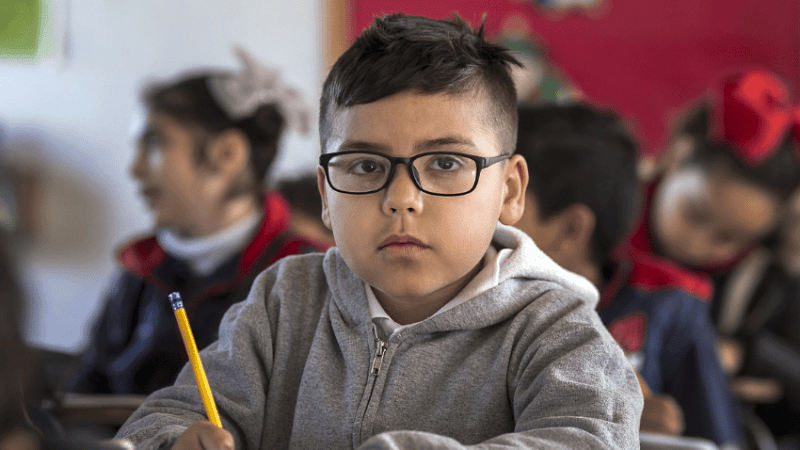Pastoral care in education – How an innovative approach is leading to outstanding outcomes in challenging circumstances for one school

At Whitefield School, all staff are expected to really get to know the students, as headteacher Liz Rymer explains…

- by Liz Rymer

Whitefield is a mixed 11-19 academy converter comprehensive school situated in the high achieving, affluent London borough of Barnet.
The school has a closer affinity to inner city schools, however, serving a truly mixed community around Brent Cross and Cricklewood, with areas of high social deprivation.
Over half of the students are eligible for pupil premium, and the proportion who receive SEN support is above the national average. The majority of pupils are from minority ethnic backgrounds; over two thirds speak English as an additional language.
Students arrive in Year 7 with attainment that is significantly below the national average. Mobility is high, with many learners arriving throughout Key Stage 3 and Key Stage 4, almost a third without prior attainment information.
But despite this challenging intake, results at the end of Key Stage 4 are in line with national averages. Indeed, results in many GCSE subjects are regularly above this, and progress figures are consistently high. So, what’s the secret?
Strong partnerships

Our school’s ongoing success is built upon strong inclusive values. Learners are constantly supported and challenged, receiving good guidance as they transfer from one phase to another.
Regardless of their background and previous school experiences, they are welcomed into the school on arrival; an initial assessment is made and then targeted support put in place as required – they may need support to learn English for example, and many have complex social and emotional needs.
We are also part of the Promoting the Achievement of Looked After Children (PALAC) programme facilitated by UCL and aimed at extending and formalising the way in which Whitefield integrates LAC into the school and how we prepare these students for their future.
We work with a range of external agencies to ensure that actions appropriately support individuals and their families. Excellent wrap around care ensures that young people are able to attend regularly, behave well and are ready to learn.
The school has a strong partnership with the Local Authority and with other schools. The LA funded Resilient Schools Programme is clearly supporting learning. We also run the Unaccompanied Asylum Seeking Children (UASC) programme for the local authority.
Working closely with the LA’s Virtual School for children new to the country, leaders ensure that these vulnerable students are integrated quickly and effectively into the main school.
The UASC has a bespoke programme which is aimed at giving unaccompanied asylum seekers an introduction into UK culture.
Great relationships

The school’s model of pastoral support is a traditional one. Students have a form teacher they see every day, morning and afternoon, and a strong connection to a Year Team leader, staying with them from Years 7 to Year 11.
A further advantage of the Whitefield approach to pastoral care is the presence of two form tutors in every tutor group, which means there are no ‘lost’ learners, or RHINOs (Really Here in Name Only). All staff are expected to really get to know the students.
Supporting daily form time and the team of form tutors and Year Team Leaders is a team of dedicated and well-trained support staff working out of a centralised Student Services Hub, based on a model more usually found in universities.
Student Services takes a more holistic approach to supporting students’ needs through the use of and access to CAF support, the school based student counsellor, mentoring packages, anger management therapies and EHCPs, together with weekly inclusion meetings.
Trending
It signposts students to the use of relevant external agencies (eg CAMHS, School Nurse, Barnet Young Carers service, physiotherapists, speech and language therapists), ensuring that students have timely access to therapeutic intervention.
The highly effective Learning Support Department (SEND, EAL and B4L), also supports student learning in school.

The Bedford Centre (named after David Bedford, the athlete and an alumni of Whitefield School) runs programmes to support KS3 and KS4 students with a wide range of emotional and/or behavioural needs, helping to reduce exclusions.
Here staff work proactively to promote appropriate behaviour for learning for students identified as being at risk of underachieving because of emotional, social and behavioural issues.
In-house programmes include social development programmes and support from outside agencies. Students who have been identified for support receive withdrawal and in-class support, including mentoring, careers guidance, crime diversion, support at key transition points and targeted curriculum support.
Animal magic

One of the specialist projects used regularly to support the pastoral care is equine therapy. I have owned horses all my life and I understand the power of working with animals in therapeutic situations.
Horses make great companions for psychotherapy as they mirror and respond to human behaviour. So offering our most vulnerable students the opportunity to work with horses allows them to make a connection, a friend, and to really get in touch with their inner feelings.
If you’ve been hurt or are upset, sometimes it’s harder to be around other human beings – but there’s no judgment with a horse.
Through working with Barnet’s Virtual School, Whitefield was able to fund a small project, initially with a small group of vulnerable students for an eight week block in 2015 in partnership with Strength and Learning Through Horses, a charity based in Edgware, North London.
The project has been running successfully ever since, with large numbers of students going through the programme each year.

Every Tuesday, a group of students go off in the school minibus to Edgware. They help with the stable chores and then groom the horses. Then they take the horses into the arena and work with them, either individually or in small groups alongside trained psychologists who are also horse experts.
The transformational power of working with horses is truly amazing. We’ve been able to observe noticeable differences in participating students, particularly those with ADHD, who became calmer when dealing with horses, as well as quieter students, who were more vocal when asked to suggest opinions and ideas.
“At first, I was sceptical,” observes Mumin Humayun, associate headteacher. “Although I have always worked in the area of inclusion and student support, equine therapy was something I’d never been involved with.
But the pilot was stunningly successful, and we have gathered some amazing case studies which clearly show that this intervention has transformed the life chances of some of our most troubled and vulnerable young people”.
Liz Rymer is headteacher at Whitefield School, Barnet.







